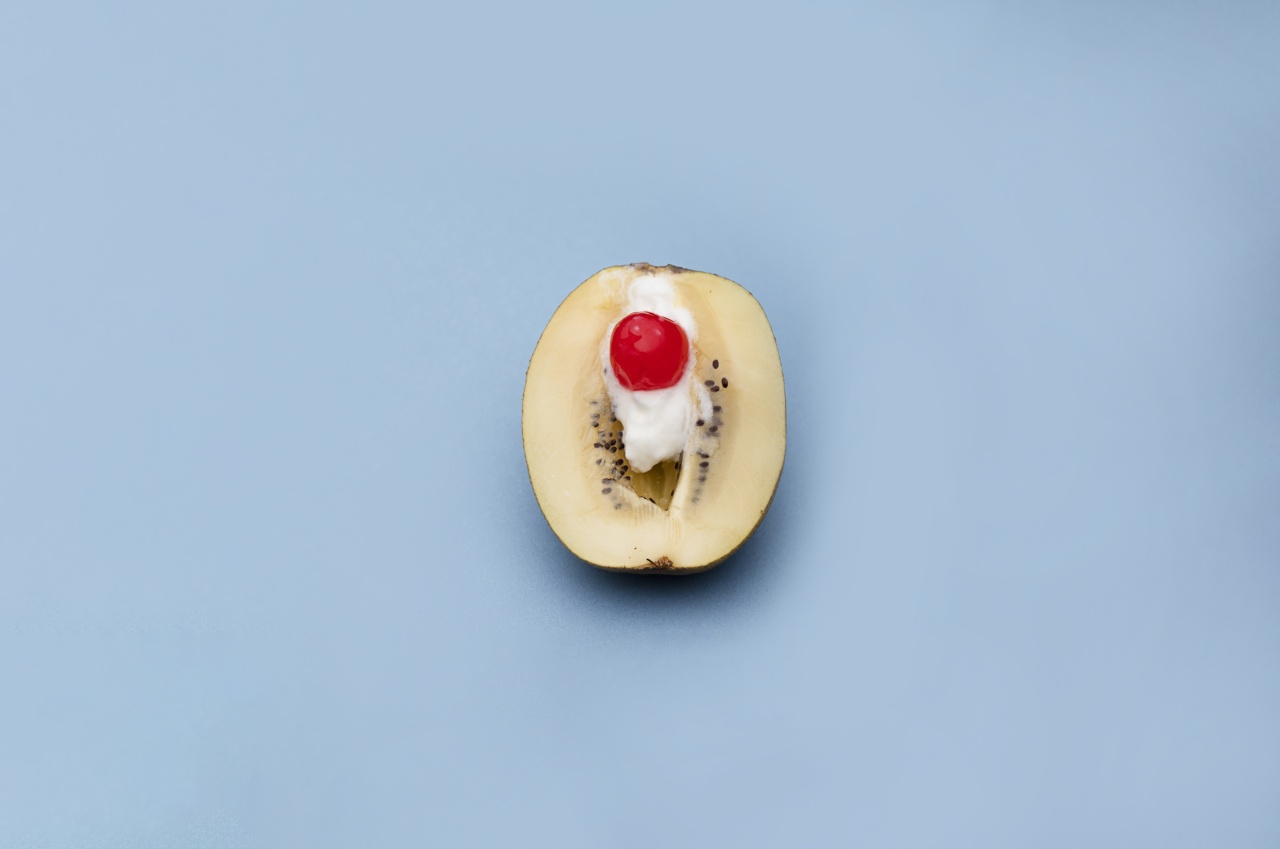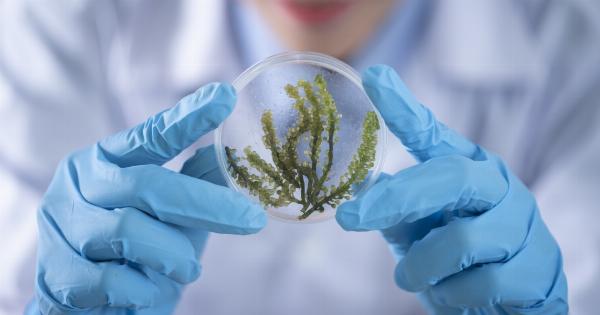Female sexual health is an important aspect of overall well-being. One crucial component of a woman’s intimate health is the delicate balance of vaginal microbes.
These microbes, also known as vaginal microbiota, play a significant role in maintaining the vaginal environment’s health and keeping infections at bay. However, when this balance is disrupted, it can lead to various issues such as yeast infections, bacterial vaginosis, and other vaginal discomforts.
In this guide, we will explore ways to cope with vaginal microbes and ensure optimal female sexual health.
Understanding Vaginal Microbes
The vagina contains a diverse community of microorganisms, including bacteria, fungi, and viruses, collectively known as the vaginal microbiota.
These microbes help regulate the pH level, maintain a healthy vaginal flora, and prevent harmful pathogens from causing infections. Lactobacilli bacteria are the most predominant species found in the vaginal ecosystem, as they produce lactic acid, which keeps the vaginal pH acidic (between 3.8 and 4.5) and discourages the growth of harmful microbes.
Maintaining a Healthy Vaginal Environment
Maintaining a healthy vaginal environment is crucial for optimal female sexual health. Here are some essential tips to follow:.
1. Practice Good Hygiene
Keeping the genital area clean is important, but it’s essential to strike a balance and avoid excessive washing or using harsh soaps.
Gently wash the vulva and surrounding areas with warm water and mild, pH-balanced soaps or intimate washes specifically formulated for vaginal use.
2. Wear Breathable Underwear
Wearing breathable underwear, preferably made of cotton, allows for proper ventilation and reduces excess moisture in the vaginal area. Moist environments can encourage the growth of harmful microbes, leading to infections.
3. Avoid Douching
Douching disrupts the natural balance of vaginal microbes by washing away protective fluids and beneficial bacteria. It increases the risk of infections and can disturb the delicate pH balance of the vagina.
Avoid douching unless specifically advised by a healthcare professional.
4. Follow Safe Sexual Practices
Practicing safe sex, such as consistent condom use, can help prevent the transmission of sexually transmitted infections (STIs) that may disrupt the vaginal microbiota.
If you are in a monogamous relationship, ensure both partners are tested for STIs to reduce the risk of exposure.
5. Maintain a Balanced Diet
A healthy diet can indirectly contribute to a balanced vaginal environment.
Consuming a variety of nutrient-rich foods, including probiotics like yogurt and fermented foods, can support a healthy gut flora, which might positively influence vaginal health as well.
Taking Care of Vaginal Infections
Despite our best preventive efforts, vaginal infections can still occur. Here’s how to cope with common vaginal infections:.
1. Yeast Infection
Yeast infections, caused by an overgrowth of Candida yeast, are characterized by vaginal itching, burning, and abnormal discharge. Over-the-counter antifungal creams or suppositories can help treat mild yeast infections.
However, it’s essential to consult a healthcare professional for recurring or severe cases.
2. Bacterial Vaginosis
Bacterial vaginosis occurs when the balance of bacteria in the vagina is disrupted, leading to an overgrowth of harmful bacteria. Symptoms include a fishy odor and abnormal discharge.
Antibiotics prescribed by a healthcare professional are usually necessary to treat bacterial vaginosis effectively.
3. Seek Professional Help
If you experience persistent or recurrent vaginal discomfort, it’s crucial to consult a healthcare professional. They can provide an accurate diagnosis, recommend appropriate treatments, and offer guidance specific to your situation.
Conclusion
By understanding the importance of vaginal microbes and following essential practices for a healthy vaginal environment, women can take better control of their sexual health.
The key is to maintain a balanced vaginal ecosystem by practicing good hygiene, following safe sexual practices, and seeking professional help when needed. Remember, a healthy vagina is a happy vagina!.






























